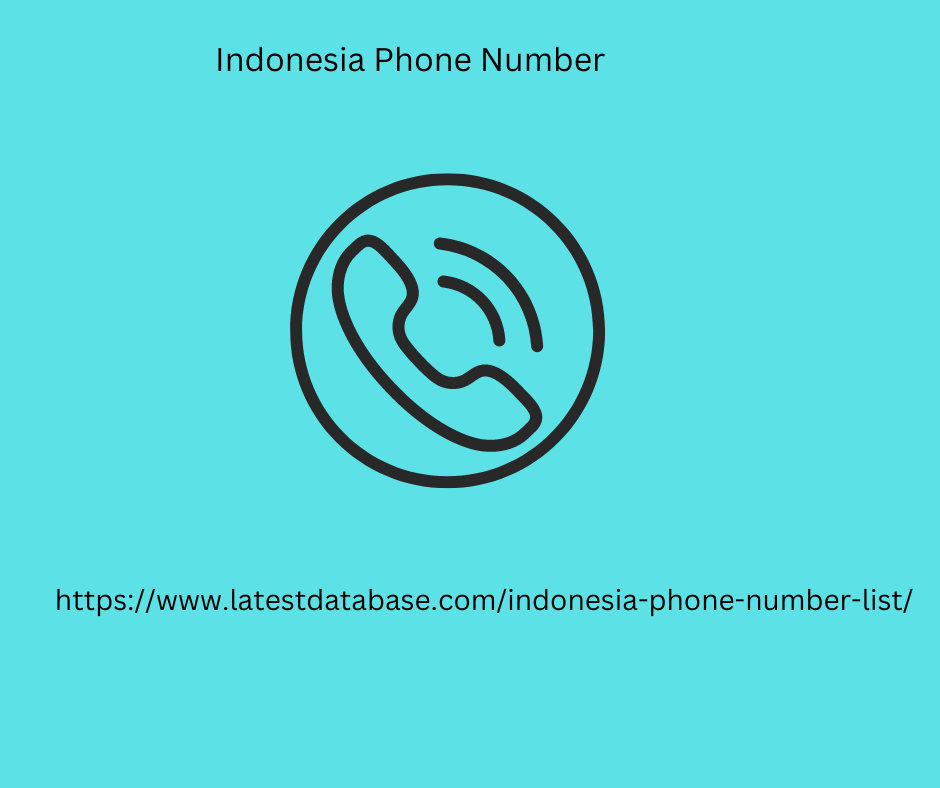|
|
A closer look at the environment may reveal clues about the task that the interviewer has not mentioned before, for example, note the type of information they need (paper on the table or sticky notes on the edge of the screen), inadequate systems (reference materials and user manuals on hand) , the frequency and priority of the tasks (inbox and outbox), the type of workflow they follow (notes, icons, calendar). ②Principle :
Avoid a set of fixed problems Using a fixed set of questions not only risks alienating your Indonesia Phone Number interview subjects, but you may also miss out on rich and valuable user data. The whole premise of research is that, as investigators, we cannot understand the field well enough to presuppose the questions we are going to ask. We have to learn from the interviewer what is important. This means that it is very useful to have certain question types in mind. Here are some goal-oriented questions that are very useful. [Opportunities, demands] What activities are currently wasting your time? ? ? [Goal] What would make your day great or bad? ? ? [Priority] What are the most important?

[Information] What helps you make decisions? There are also some system-oriented questions: [Function] What do you do most with the product? [Frequency] Which product functions do you use the most? [Preference] Which parts of the system do you like best? [Failure] How did you solve the problem you encountered (the current system cannot satisfy it) [Experience] What shortcut keys do you use? For commercial products, workflow-oriented questions can be helpful. [Process] What is the first thing you do when you come here in the morning?
|
|